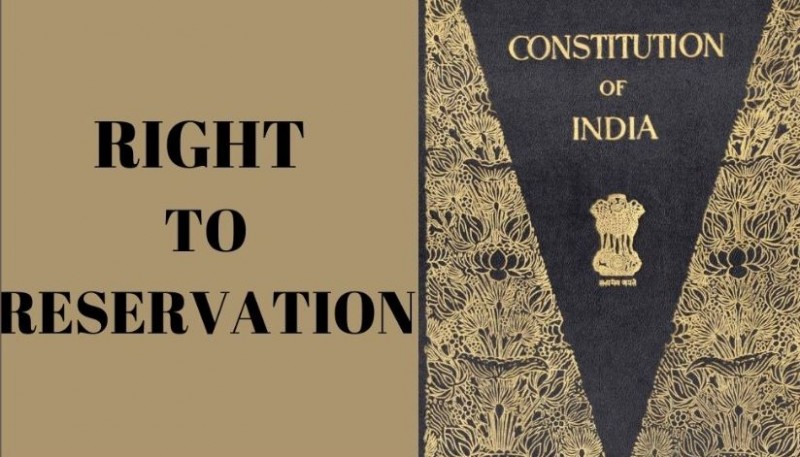
Reservation in the Indian Constitution is a mechanism designed to address historical and systemic inequalities faced by certain marginalized communities, primarily Scheduled Castes (SCs), Scheduled Tribes (STs), and Other Backward Classes (OBCs). This affirmative action policy aims to provide these communities with better access to education, employment, and political representation.
Provisions of Reservation:
Scheduled Castes (SCs): Article 46 of the Directive Principles of State Policy (DPSP) emphasizes the promotion of educational and economic interests of SCs, ensuring their social upliftment. Articles 15(4) and 46 specifically enable the reservation of seats in educational institutions and government jobs for SCs.
Scheduled Tribes (STs): Similar to SCs, Articles 15(4) and 46 empower the government to make special provisions for STs in the field of education and employment.
Other Backward Classes (OBCs): While the term "OBC" isn't explicitly mentioned in the Constitution, Article 15(4) enables the state to provide reservation to socially and educationally backward classes.
Political Representation: Reservation of seats in the Lok Sabha, State Legislative Assemblies, and Panchayats is ensured through the 73rd and 74th Constitutional Amendments for SCs, STs, and women in general.
Duration of Reservation:
Initially, the provision of reservation was meant to be in place for ten years, as mentioned in Article 334. The rationale behind this limited period was to assess the progress made in uplifting these marginalized communities and whether the need for such affirmative action persisted. However, as inequality and discrimination continued, successive governments extended the reservation policies through constitutional amendments.
Why Was Reservation Kept for Only 10 Years?
The framers of the Constitution envisaged a gradual transition towards a more equitable society, believing that ten years would be sufficient to eradicate discrimination. The limited period was a cautious approach to assess the impact of these measures. However, recognizing the persisting inequalities, lawmakers extended the reservation policies.
Religious vs. Caste-Based Reservation:
The Constitution of India primarily provides reservation based on caste, focusing on SCs, STs, and OBCs. It does not grant reservation on a religious basis. This approach aligns with the secular and inclusive principles of the Constitution.
Violation of the Constitution:
Providing reservation based on religion would indeed raise constitutional concerns. The Indian Constitution, under Article 15(1), prohibits discrimination on grounds of religion, race, caste, sex, or place of birth. Therefore, reserving seats solely based on religion would likely be deemed unconstitutional as it could violate the principle of equality before the law. In conclusion, reservation in the Indian Constitution is a means to address historical injustices faced by marginalized communities. While initially envisioned for a limited period, it has been extended due to the persistence of inequalities. The Constitution does not allow reservation on religious grounds to maintain its secular and inclusive character and uphold the principle of equality.
Arvind Kejriwal Reiterates AAP's Anti-Drug Stance Amid Tensions with Congress in Punjab
Bihar Releases Caste Census Report: Over 63% Population in Backward and Backward Classes